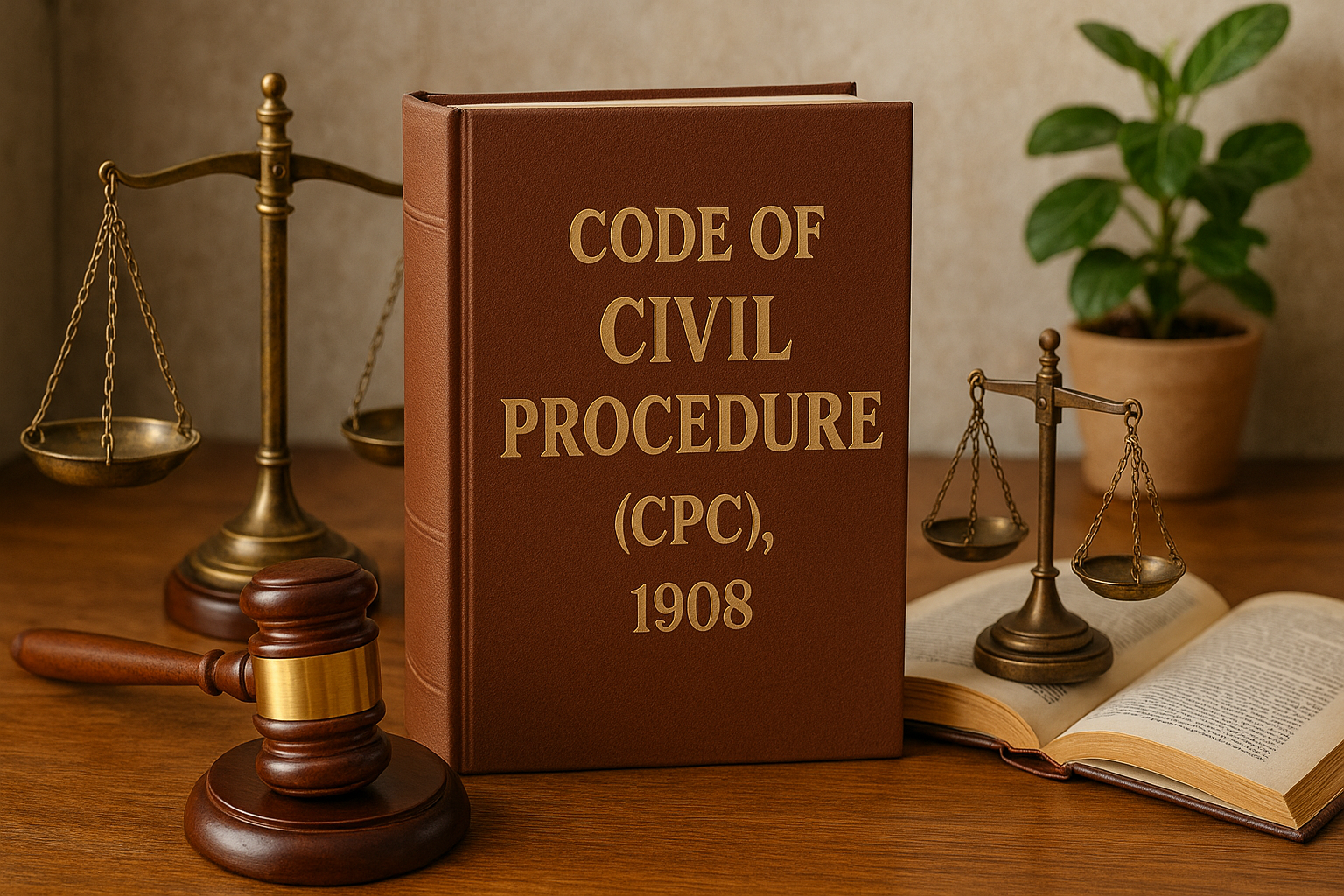What Does “Disposal at First Hearing” Mean?
Disposal of a suit at the first hearing refers to situations where the court can decide the case without proceeding to a full trial—because the facts are undisputed, admitted, or obvious from the pleadings.
This provision aims to avoid unnecessary trials and promote speedy justice.
Legal Basis: Order XV of CPC, 1908
Order XV CPC empowers the court to dispose of a suit at the first hearing itself, under certain situations, without recording oral evidence.
Grounds for Disposal at First Hearing
| Rule | Provision |
|---|---|
| Rule 1 – Where no issues | If facts are admitted or no real dispute exists |
| Rule 2 – Parties not at issue | Where parties are not at issue on any material fact |
| Rule 3 – Failure to produce evidence | If party fails to produce required documents/evidence |
| Rule 4 – Default of appearance | If only one party appears and suit can be decided on merits |
Rule 1: No Issues Are Framed
-
If no material fact is denied or disputed, the court may pronounce judgment immediately.
Rule 2: Parties Not at Issue
-
Where the plaintiff and defendant agree on all facts, but differ only on legal interpretation, court may decide the suit without evidence.
Rule 3: Failure to Produce Documents
-
If the plaintiff fails to present documents or evidence, the court may dismiss the suit.
Rule 4: Only One Party Appears
-
If the defendant appears and the plaintiff is absent, or vice versa, the court may decide the case on merits or proceed ex parte.
Objective of Order XV
-
To avoid unnecessary trials
-
To save time and resources
-
To ensure quick disposal of uncontested or clear-cut cases
Examples
| Scenario | Outcome under Order XV |
|---|---|
| Defendant admits claim and raises no defense | Court may pronounce judgment under Rule 1 |
| Both parties agree on facts but differ only on legal point | Court can decide the case under Rule 2 |
| Plaintiff fails to produce key documents at first hearing | Court may dismiss the suit under Rule 3 |
| Plaintiff appears, but defendant does not | Court may proceed ex parte or decide on merits (Rule 4) |

